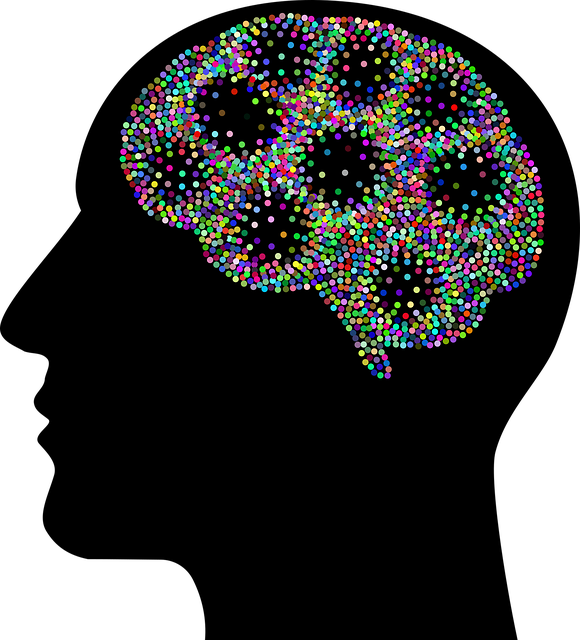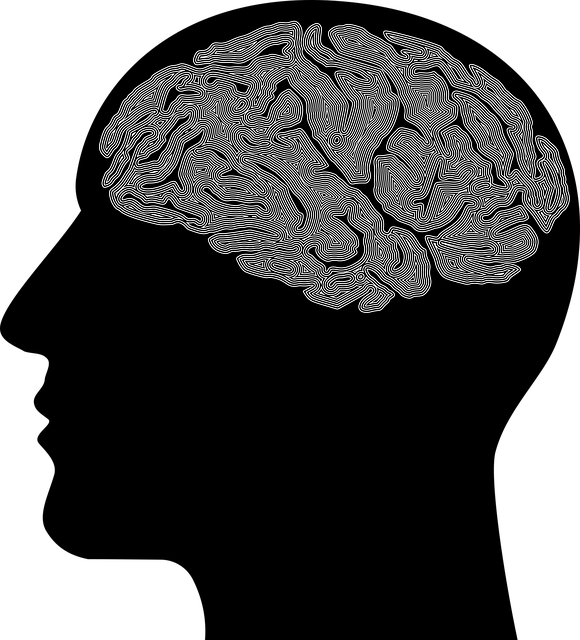Mental health policies play a pivotal role in supporting young children with Autism Spectrum Disorder (ASD) by fostering inclusive educational environments and implementing early intervention strategies, such as behavioral therapies. While progress has been made, disparities exist, especially between urban and rural areas, due to unequal access to specialized therapy services. High costs and limited insurance coverage act as barriers for underserved families. The mental healthcare system faces challenges, including a shortage of professionals and the exclusion of holistic approaches. Advocacy is crucial in shaping policies that enhance therapy accessibility, personalized support, and long-term benefits for young individuals with ASD, ultimately improving their overall well-being and cognitive development. Global successes in comprehensive policy implementation have led to improved diagnostic rates, access to early interventions, enhanced communication skills, social integration, and reduced societal economic burdens.
Mental health policy analysis and advocacy play a pivotal role in shaping support systems for young children with Autism Spectrum Disorder (ASD). This article delves into the intricate relationship between mental health policies and their profound impact on access to therapy for ASD patients. We explore current disparities, analyze gaps in existing policies, and present effective advocacy strategies to enhance care. Through real-world case studies, we demonstrate successful policy changes that have led to positive outcomes, underscoring the importance of targeted initiatives for children with ASD.
- Understanding Mental Health Policy and Its Impact on Young Children with Autism Spectrum Disorder (ASD)
- The Current State of Therapy Access and Availability for ASD in Early Childhood
- Gaps in Existing Policies and Their Effect on Children's Mental Healthcare
- Effective Advocacy Strategies to Improve Policy for Young ASD Patients
- Case Studies: Successful Policy Changes and Their Positive Outcomes for Children with ASD
Understanding Mental Health Policy and Its Impact on Young Children with Autism Spectrum Disorder (ASD)

Mental health policy plays a pivotal role in shaping support systems for young children with Autism Spectrum Disorder (ASD), offering crucial frameworks to enhance their overall well-being and development. Effective policies advocate for early intervention, recognizing that timely therapy can significantly impact a child’s future. This includes evidence-based practices such as behavioral therapies, which focus on coping skills development and promoting self-awareness exercises tailored to ASD needs.
By integrating mental health initiatives into educational settings, these policies foster inclusive environments where children with ASD can thrive. The ultimate goal is to empower them with mind over matter principles, enabling them to navigate social interactions, manage emotions, and reach their full potential in a supportive community.
The Current State of Therapy Access and Availability for ASD in Early Childhood

The current landscape of therapy services for young children with Autism Spectrum Disorder (ASD) presents a complex picture, highlighting both progress and lingering disparities. Access to specialized interventions is increasingly recognized as a vital component in supporting the emotional development and overall well-being of autistic individuals during their formative years. However, many families face significant challenges in securing timely and appropriate therapy.
Disparities exist in terms of availability, with urban areas generally offering more extensive resources compared to rural regions. This imbalance perpetuates inequalities, ensuring that children from underserved communities may delay access to essential emotional regulation and resilience-building therapies. Moreover, the cost of these services remains a substantial barrier, often requiring out-of-pocket expenses that can be prohibitive for many families. Despite ongoing efforts to advocate for comprehensive mental health policies, the journey towards equitable therapy for young children with ASD continues, emphasizing the urgent need for accessible and affordable emotional healing processes.
Gaps in Existing Policies and Their Effect on Children's Mental Healthcare

The current landscape of mental healthcare for children, particularly those with Autism Spectrum Disorder (ASD), is marred by significant gaps in existing policies. Despite growing awareness and efforts to improve access to therapy for young children with ASD, many barriers persist that hinder their overall well-being. One prominent issue is the lack of comprehensive insurance coverage for evidence-based interventions like applied behavior analysis (ABA) therapy, which is crucial for self-esteem improvement and managing symptoms associated with ASD.
Furthermore, the dearth of specialized mental health professionals who are trained in working with children on the spectrum exacerbates the problem. This shortage leads to long wait times and limited access to quality care, negatively impacting children’s ability to develop coping strategies and positive thinking skills. Compassion cultivation practices, which can foster a sense of belonging and reduce anxiety, are often not integrated into standard treatment protocols, adding to the challenges faced by families seeking holistic support for their children’s mental health needs.
Effective Advocacy Strategies to Improve Policy for Young ASD Patients

Advocacy plays a pivotal role in shaping policies that support young individuals with Autism Spectrum Disorder (ASD). When it comes to therapy for young children with ASD, effective advocacy strategies are essential to ensure access to quality care and improve their overall well-being. One powerful approach is to raise awareness among mental health professionals and policymakers about the unique challenges faced by this population. This involves educating stakeholders on the importance of early intervention and personalized support, emphasizing the long-term benefits of comprehensive therapy. By fostering self-awareness exercises within the professional community, advocates can drive changes in policy directions, leading to better resource allocation for evidence-based practices.
Additionally, advocacy groups can leverage data and research to demonstrate the effectiveness of certain interventions, lobbying for policies that integrate these successful strategies into standard care. A thorough mental health policy analysis and advocacy process should also consider risk assessment methods to identify and mitigate potential hazards within treatment settings. Through persistent effort, community engagement, and evidence-driven arguments, advocates can drive meaningful reforms, ultimately enhancing the accessibility and effectiveness of therapy for young children with ASD.
Case Studies: Successful Policy Changes and Their Positive Outcomes for Children with ASD

Successful policy changes focused on improving access to therapy for young children with Autism Spectrum Disorder (ASD) have led to remarkable positive outcomes. Case studies in various countries highlight how expanded insurance coverage and government-funded interventions significantly enhance diagnostic rates and early intervention services. These policies ensure that families receive necessary support, fostering mental wellness and inner strength development in children with ASD.
The impact has been profound, leading to improved communication skills, better social integration, and enhanced cognitive abilities among these young patients. By implementing evidence-based practices and increasing resources for therapy, policy advocates have not only improved the quality of life for individuals with ASD but also reduced the long-term economic burden on society associated with untreated mental health conditions.
Mental health policy analysis reveals critical gaps in access to therapy for young children with Autism Spectrum Disorder (ASD), impacting their overall development. By understanding these policies and their effects, advocacy strategies can be refined to ensure improved mental healthcare for this vulnerable population. Successful case studies highlight the power of targeted policy changes, demonstrating that with dedicated efforts, we can enhance therapy availability, ultimately fostering better outcomes for children with ASD. These insights underscore the importance of continued analysis, advocacy, and innovative solutions to address the unique needs of young individuals on the autism spectrum.













